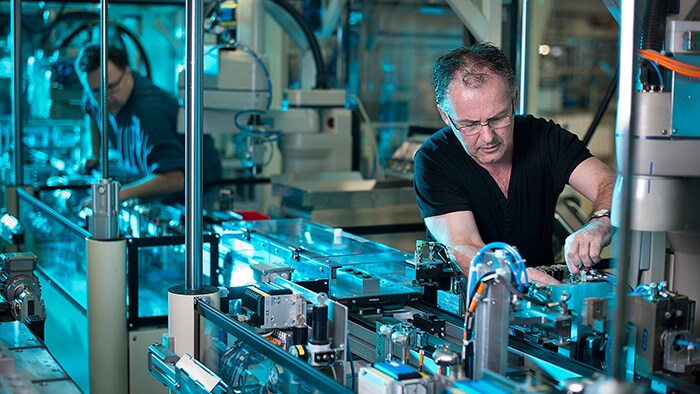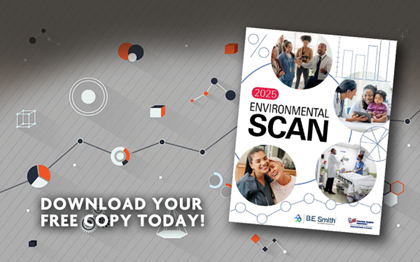Philips selected as Fortune ‘Change the World’ finalist

Reducing emissions throughout the value chain
In addition to reducing its Scope 1 (operations) and Scope 2 (energy sourcing) greenhouse gas emissions, reducing Scope 3 emissions (emissions that occur in the value chain outside the company’s direct control) is key to reducing Philips’ overall environmental footprint.
In healthcare, it is estimated that 71% of emissions are derived from the supply chain through the production, transport, and disposal of goods and services [1]. Philips therefore set itself the target of having at least 50% of the suppliers in its supply chain (based on spend) committed to science-based targets for CO₂ emission reduction by 2025. Reducing these Scope 3 supply chain emissions is expected to have a seven times greater impact than simply lowering CO₂ emissions from the company’s own operations.
Integral to its Supplier Sustainability approach, Philips’ Supplier Sustainability Performance program leverages the tools, expertise, and experience Philips has gained in driving environmental sustainability across its own operations to help its suppliers do the same. Scope 3 emissions reduction in the supply chain is vitally important, because the responsible sourcing of goods and services has a positive knock-on effect within the entire healthcare value chain, ultimately helping to reduce the environmental footprint of Philips’ customers.
Since its inception in 2016, Philips’ Supplier Sustainability Performance program has transformed the way the company engages with suppliers regarding sustainability, going beyond an audit approach to drive continual improvement in a collaborative and structured way across a supplier’s full operations. Philips then actively helps its suppliers to meet their targets and audit their results by providing hands-on assistance, not only in the form of expertise but also in the form of advanced AI-based data analytics.
By the end of 2023, Philips achieved 46% commitment to science-based targets from its supplier base (based on spend) putting the company firmly on-track to meeting its 2025 target of 50%. Through its partnership with CDP Supply Chain, the company invites its suppliers to disclose their environmental performance and carbon intensity. The response rate in 2023 was 93%, with 500 of the company’s biggest suppliers engaged in the program reporting a total of 14 million metric tons of CO2 savings from improvement projects undertaken during the year.
link





